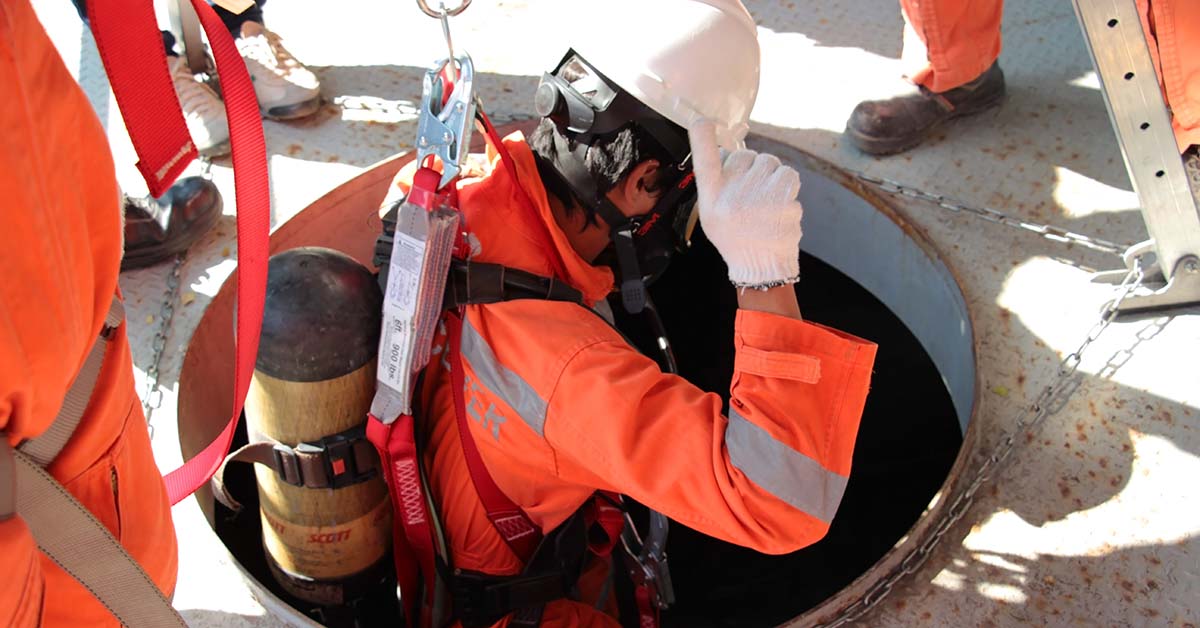
Courtesy – salvationsafety
If you are working in the construction industry, you will have to work in confined spaces at times. While that’s not the only industry with such workplaces, getting trained to work in confined spaces becomes critical for safe and quality performance. But before you get started with the job or even the training part, you should know what types of confined spaces you might need to work in.
So, here’s a list of the common ones.
Boilers
Industrial training refers to boilers as confined spaces where you can’t work without a certification. Boilers are closed heating vessels that dispense fluid for building heating, sanitation, power generation, and cooking.
Pressure vessels
According to experts in industrial and construction careers, these are the main examples of confined spaces. These are closed containers used to store gases, vapours, and liquids at pressures lower/higher than the ambient ones. This is what makes them risky to work with.
Pipes
For plumbers, working with pipes installed in confined spaces like behind the walls and under the ground is common. So, a current confined spaces entry certification is a requirement for plumbing contractors and companies to take on pipework jobs.
Storage tanks
Similar to degreasers, sewers, and pits, storage tanks are quite tight spaces and are referred to as confined spaces. When one enters these tanks, they need to be monitored and handled properly. Both fully and partially enclosed tanks can cause risks to safety and health because of the lack of safe oxygen levels inside.
Thus, working with such spaces after completing a confined space awareness course will boost the morale and safety of workers.
